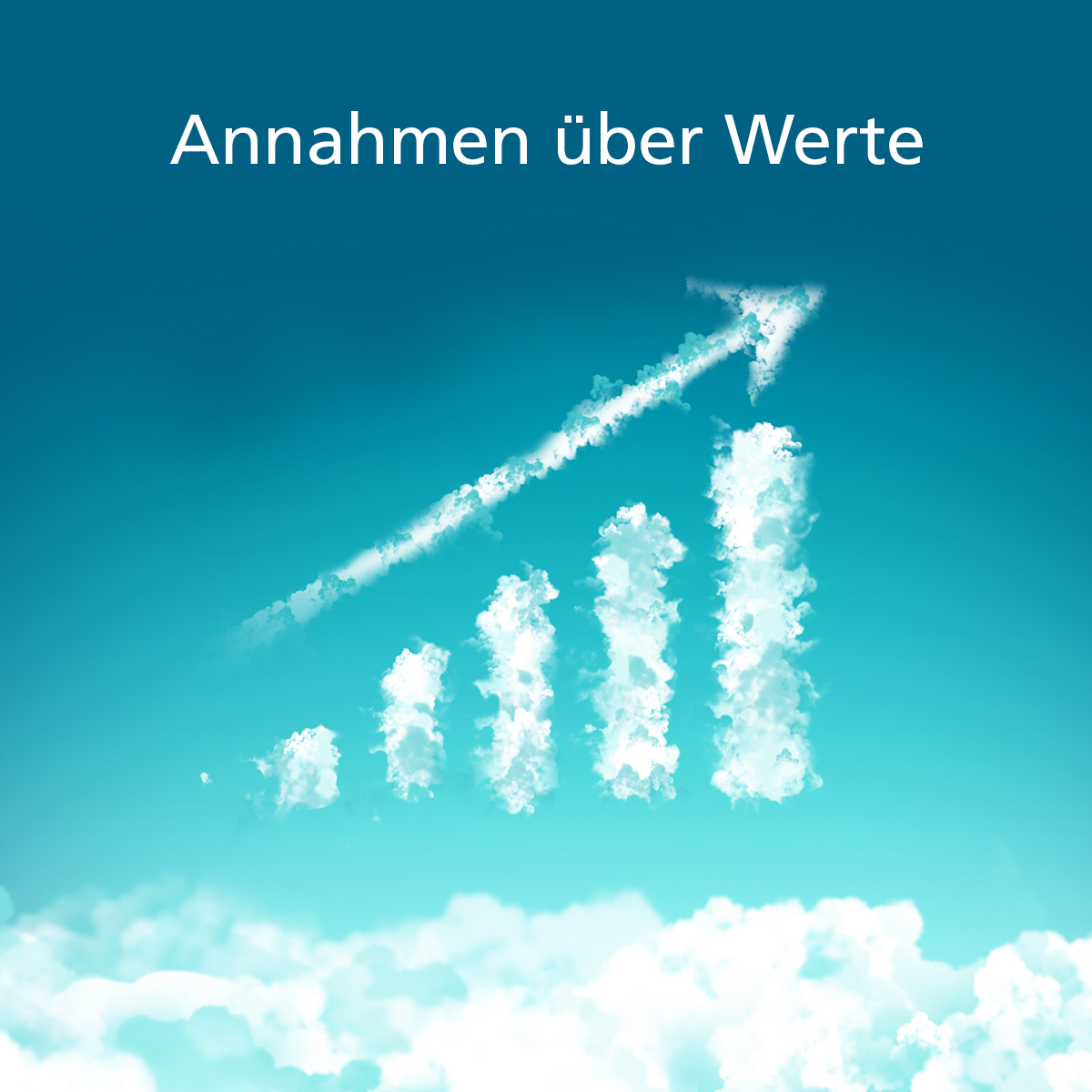Values are characteristics of material goods, psychosocial characteristics and spiritual attitudes. These properties arise in the area of tension between “difficult to get” and “urgently needed”. The more difficult something is and the more urgent it is, the more valuable it seems. Drinking water in the Sahara is essential for survival, so it is urgently needed and at the same time difficult to obtain there. Drinking water in a modern and air-conditioned office building can be found everywhere and is not urgent because an air humidifier is integrated in the air conditioning system. Eternal life, as an example of spiritual value, is definitely difficult to get. However, the need for this decreases with the prosperity and longevity of this world.
This creates a third dimension with which values are expressed, and that is the context. In the context of affluent societies, drinking water and eternal life is therefore significantly less valuable than in underdeveloped African countries. Even in a constant context, the values do not remain stable, but change over time. When we think about work, it has a very high value if it can ensure survival and a little prosperity. As soon as these needs are met elsewhere (minimum security), the value of work will decrease. In future times, when the production of goods and services is realized by machines (Industry 4.0), work has less value. Actually, we don’t need to worry about work.
Even if all the above parameters of a domain (work, eternal life, health, etc.) speak for a high value, this need not necessarily be the case. Cultural constraints (recognised social norms) could argue against this. So if something is difficult to obtain and extremely urgent, it does not necessarily have to have a high value from a cultural point of view. Mindfulness is something we all want and also difficult to implement. Nevertheless, it has no particular value, as the example of luxury cruises shows.
In summary, values are determined by the following dimensions:
- Something is difficult to get
- Something is desperately needed
- Same has different values in different contexts
- In the same context, the values change depending on time
- Mandatory social norms (culture) shape values
With these assumptions it is somewhat easier to describe the current and future change in values. Material goods lose value, psychosocial benefits increase in prestige and spiritual values become more and more difficult to achieve and therefore more valuable.





 Deutsch
Deutsch English
English